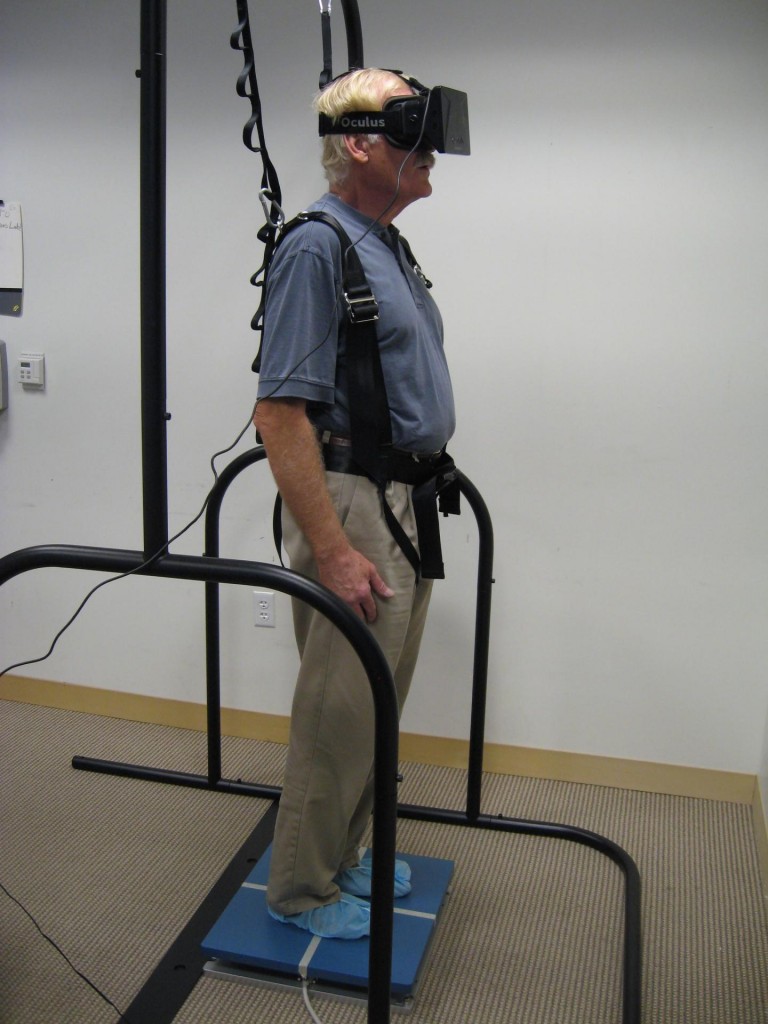March 2006 - For people with type 2 diabetes, the death rate from a first heart attack is two to three times the death rate of patients without the disease. Similarly, patients with diabetes and ischemic (reduced blood flow) heart disease have a much higher mortality rate than the general population.
Now, a team of researchers at Joslin Diabetes Center led by George L. King, M.D., Director of Research and Head of Vascular Cell Biology, and Zhiheng He, M.D., Ph.D., a Juvenile Diabetes Research Foundation International Research Fellow and former Iacocca Fellow, has shown a potential physiological mechanism behind this difference. The discovery could one day lead to new treatments to improve the ability of patients with diabetes to survive heart attacks and live with coronary artery disease. The report was published in the Feb. 9 online edition of the American Heart Association journal, Arteriosclerosis, Thrombosis, and Vascular Biology, and is scheduled to appear in the April print edition.
Normally, when a coronary artery becomes blocked, the body responds by forming new blood vessels around the blockage to maintain blood and oxygen flow and limit heart damage. Heart cells produce the vessels by making VEGF, a growth factor that causes new blood vessel formation. "We have long recognized that in patients with diabetes, this blood vessel formation is not as robust as in people without diabetes," says Dr. King, Professor of Medicine at Harvard Medical School. "Now we have a potential explanation."
The researchers showed that insulin is the source of the signal the heart cells need to increase VEGF production. "We found that when insulin in the bloodstream binds with the insulin receptors on the outer membranes of heart cells, it activates the PI3K/AKT pathway, which is the pathway that produces VEGF," says Dr. King. "We also found that this response is blunted in patients with insulin resistance, a major cause of type 2 diabetes that makes it harder for cells to use insulin. The heart produces less VEGF and forms fewer new blood vessels."
The researchers made their findings by working with two types of rodents: Zucker rats, which are genetically obese and, like humans, develop type 2 diabetes through insulin resistance; and MIKRO (muscle-specific insulin receptor knockout) mice, a mouse model whose insulin receptor has been removed from the heart cells so they can no longer respond to the hormone.
Continue Reading Below ↓↓↓
"We found that when we stimulated the heart cells of Zucker rats with insulin and compared them with cells of normal rats, the insulin action in the Zucker rats was abnormal and that may be responsible for the reduced VEGF and blood vessel formation in the heart," Dr. King explains. "Using a variety of interventional approaches, we then showed that the blood vessel formation was reduced because this one pathway was inhibited. The mice with the insulin receptor removed also exhibited less VEGF production and fewer new blood vessels, proving that the insulin receptor is critical to this process.
"The study suggests that if we improve VEGF and insulin action in the heart, then the heart will be able to produce more new blood vessels," says Dr. King. "Scientists have already established several ways of improving insulin actions in general, so once we figure out which is best for the heart muscle, we should be able to decrease the mortality rate."
Other researchers participating in the study include C. Ronald Kahn, M.D., Rohit N. Kulkarni, M.D., Ph.D., Darren Opland, Kohjiro Ueki, M.D., Ph.D., and Kerrie Way, Ph.D., of Joslin; Natalya Bodyak, Ph.D., Peter Kang, M.D., and Seigo Izumo, M.D., Ph.D., of Beth Israel Deaconess Medical Center, Boston; and Ronglih Liao, Ph.D., and Bo Wang, M.D., of Boston University School of Medicine.
Funding for the study was provided by the National Institute of Diabetes & Digestive & Kidney Diseases of the National Institutes of Health.
Source: NIDDK










